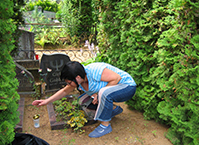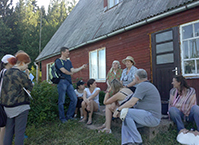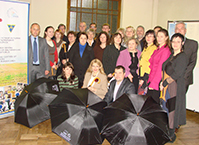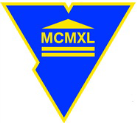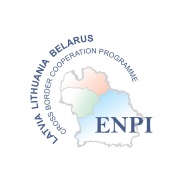About Father
Categories: Parents, Albert Ivashchenko
Well then, in the year of thirty two, in 1932, we moved from Siberia to the Southern Urals. To the town of Kapeisk. It is, well, the town of miners. It is a very famous town, of course, but unfortunately, few people know.
Our father, well, started to work, well, at mine number two hundred one, he was finishing building it, so, as a timberer. He did his best and continued that way. As for the question you asked me, my father was a veteran of the First World War. He appeared to have been taken captive. He appeared to have been taken captive and served captive in Austria. And later on he and a group of Russian soldiers escaped from the imprisonment. But he didn’t tell anybody about it at that time because it was unsafe. At that moment the official authority considered that the tsar army protected not the industrial classes and the motherland but capitalists. And that is why the attitude to the veterans of the First World War was not too hot. And even some people considered that only villains had served in the tsar army. So he didn’t … he told only the family and us sometimes…
What did he tell us about the First World War? So what? Russian soldiers were cool fighters, fought very well. So, they were considered to be stronger than the Germans, stronger, because they achieved victory more often. He told us about Brusilov’s army, general Brusilov’s army, about the breaching. Brusilov’s breaching took place in the year of sixteen, you see, our general was cleverer than the German generals. He also…, if he had been supported by Lenin, he was … his army was in the Baltic states, if he had been supported, the war might have another mode. When Brusilov made a breaching, and if Lenin had supported him, so after that it might have been better for Russia.
And did he tell you anything about the soldier relations, chiefs-soldiers relations?
Well, he told, told us that army officers were cultured persons, yes, nowadays, of course, some of them imitate that they were … such men. And today there are the same officers I have learnt it on the radio that it takes all sorts to make a world. He had very clever officers; they were in good relations with soldiers. You see.
Images
Audio
Researcher: Наталья Иващенко, кандидат исторических наук ГрГУ им. Я. Купалы, Ксения Адасик, ГрГУ им. Я. Купалы


